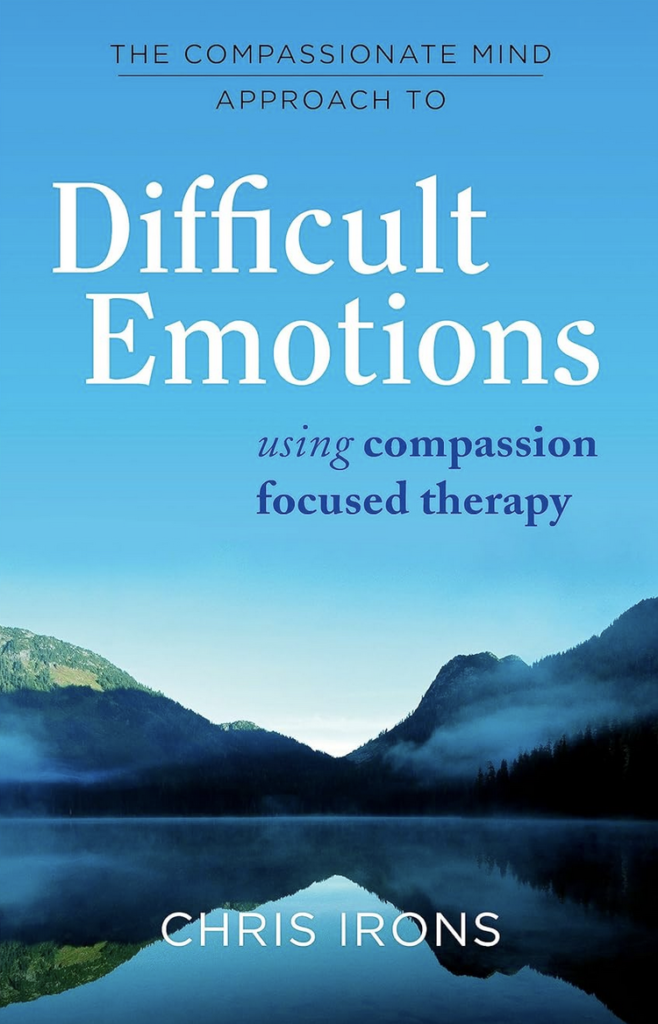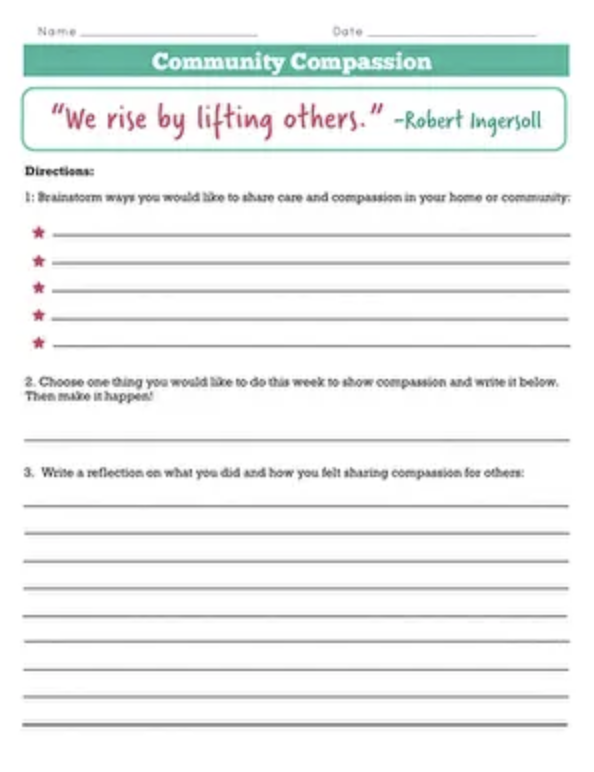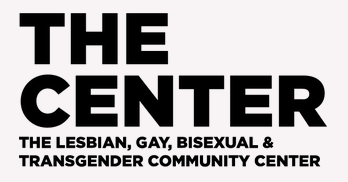Navigating Shame for Improved Self-Regulation
Julia Friedland, Social Work Intern
As a freshman in college, I experienced a new level of social and academic pressure than I ever had before. One morning after a particularly stressful week, I woke up to discover my skin had broken out with acne for the very first time. I had gotten pimples before, like almost every other human, but nothing to the extent of this breakout. Suddenly, it felt like the only thing I thought about when I was with other people was the acne on my forehead. I felt like it was ugly, and I felt like everyone was always staring at it. My energy became devoted to finding solutions and cures for this breakout, and I spent time and money researching ways to cure it with medications and skincare and hide it with makeup.
This sense of shame, of intense self-criticism, came from within. I didn’t receive external sources of judgment like people making comments about my skin. No one was making comments about my skin nor showing any judgment whatsoever. Instead, I was making judgments about myself. Feelings of self-consciousness and insecurity led to low self-esteem, and I focused so much on how people were perceiving me. Shame, like any emotion, is a natural human experience. However, I’ve found that shame has a way of seeping into our everyday existence and causing extra, unnecessary suffering without us even realizing it.
The underlying shame I felt about my outward appearance during this time spilled into my thoughts about myself, which became difficult to control. My thoughts led to a cycle of negative self-talk and anxiety, a common consequence when shame becomes a dominant emotion. Unlike other emotions, shame often triggers a deep-seated attack on our self-identity and worth. It’s not just feeling bad about something we’ve done or a temporary aspect of our appearance; it’s a pervasive feeling of inadequacy. My shame resulted in lower self-esteem, self-consciousness, and behaviors that only furthered this sense of dysregulation and ineffective actions. For example, I would sometimes decide to cancel plans to avoid being seen and started to “mind read” by thinking that my friends were focusing on my skin and judging me in their heads. Often, it is easy for our thoughts and interpretations about a situation to prompt intense emotions and other negative sensations, like distorted thinking. In these moments, we become more reactive than responsive to the triggering event and our accompanying thoughts. What can often happen as a result is that our decision-making revolves around alleviating these intense feelings of shame (like obsessive skincare routines or avoidance of social interactions, in my case) instead of acting more skillfully in ways that support our ultimate life-worth-living goals.
Luckily, Dialectical Behavioral Therapy’s Emotion Regulation module offers practical tools for managing emotions like shame, supporting our ability to self-regulate. “Check the Facts” is a skill that helps us understand whether our emotional responses fit a situation’s objective facts. “Checking the facts” of the situation helps us become more grounded in the observable facts rather than the interpretations and thoughts that can come from the unwanted emotions we experience. In this skill, we are working to determine whether our emotions are escalating in response to the facts of the situation or if they are escalating in response to possible interpretations and thinking mistakes that arise in response to an event happening. If we can determine whether our emotions fit the facts, we are in a better position to act more effectively in our lives. The key idea this skill teaches is that we can modify our thoughts and interpretations about a situation in order to regulate our emotions rather than be controlled by them.
Shame is a uniquely challenging emotion for self-regulation due to its intense, pervasive nature and profound impact on our sense of self. We cannot always control events that may lead to difficult emotions. However, with the right tools and strategies provided by DBT, we can learn ways to step back from the immediacy of our emotional responses and understand our emotions as part of a larger, more manageable picture.
WORDS OF WISDOM
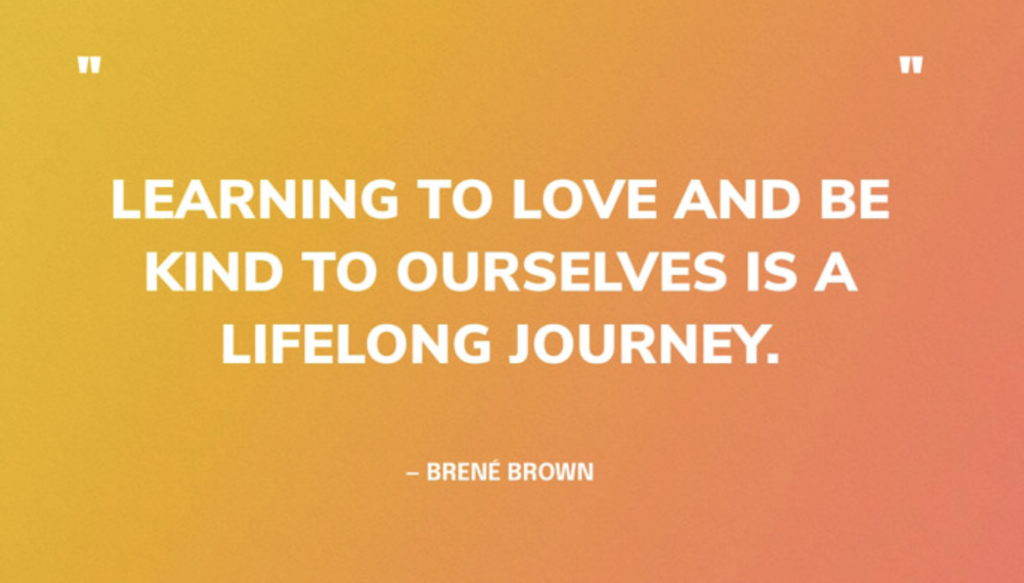
MEME OF THE WEEK
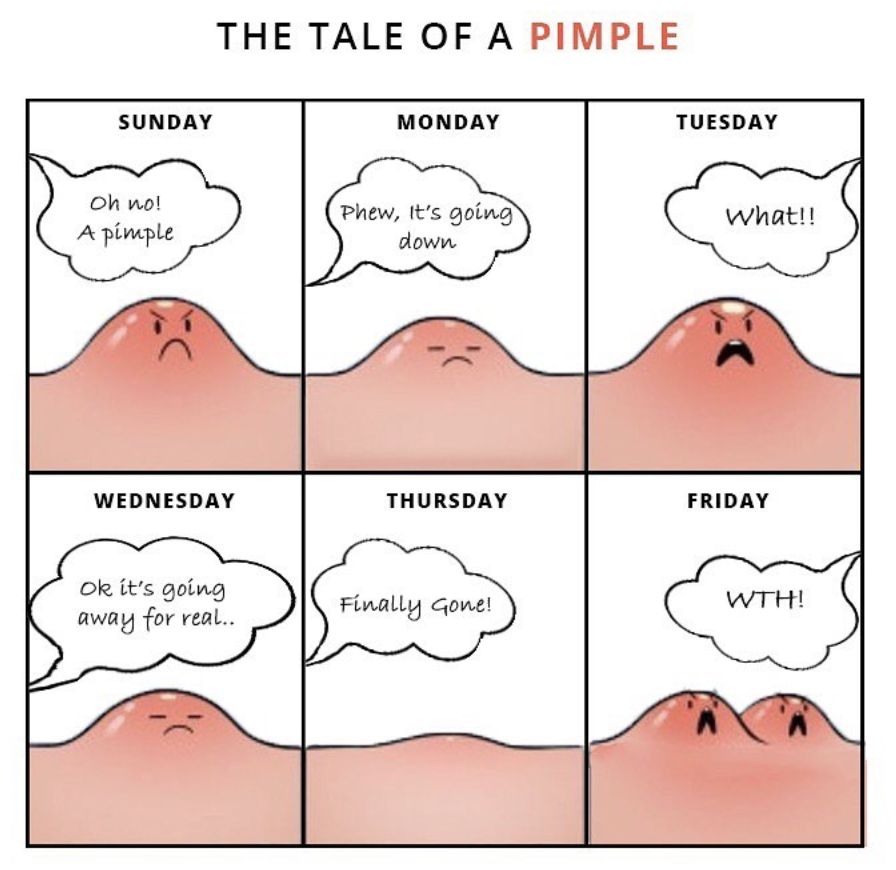
BOOK OF THE WEEK
(Click below to Purchase Book)
MENU

Banana Doughnuts, Creamy Sun-dried Tomato Pasta Strawberry Sugar Cookies
CONTRIBUTE
